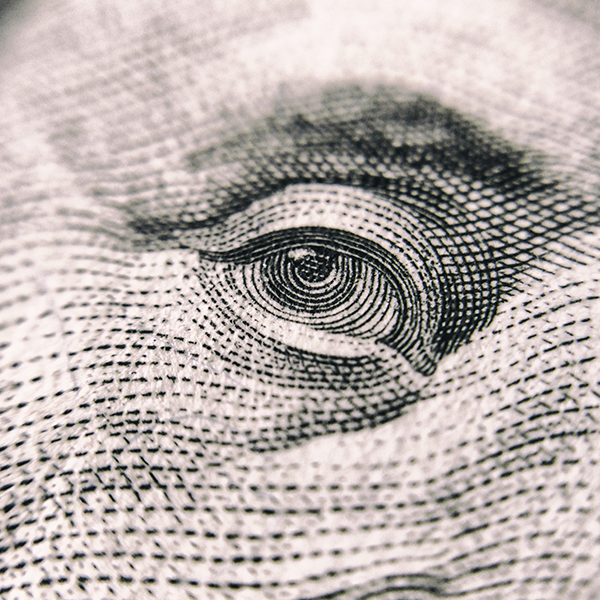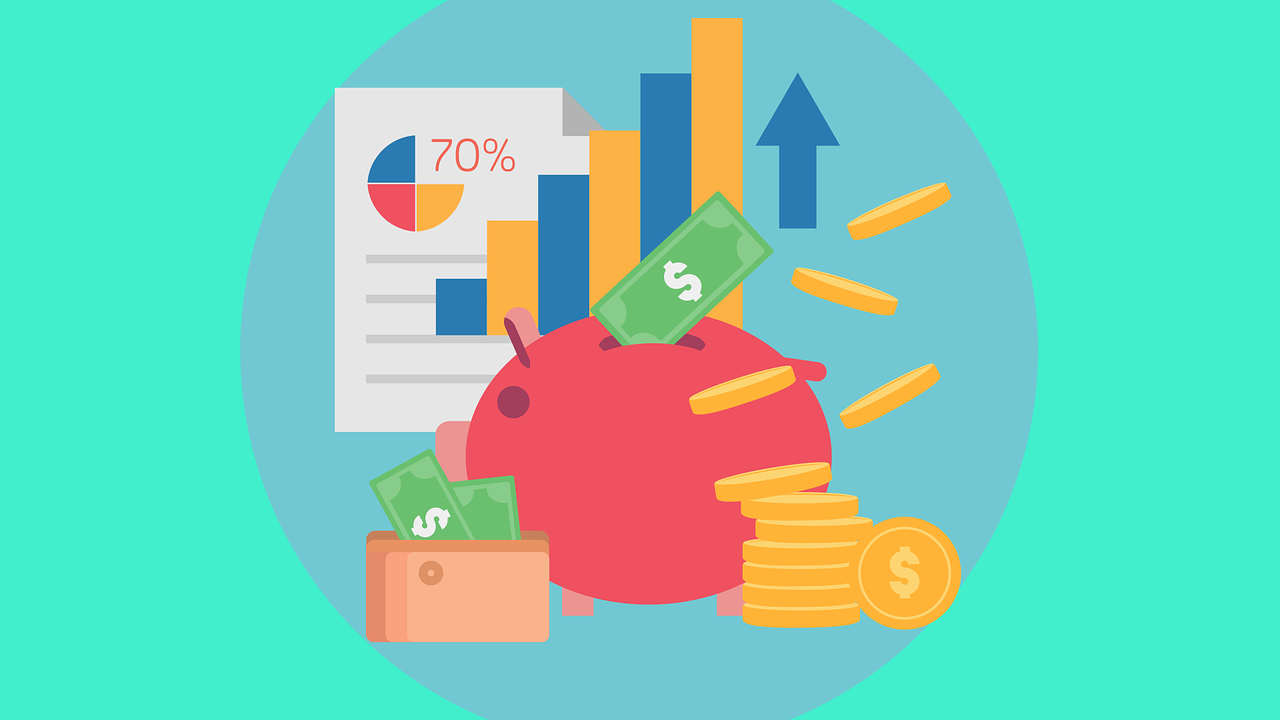Economic Insights
Medallion Fund: The Ultimate Counterexample?
Abstract: The performance of Renaissance Technologies’ Medallion fund provides the ultimate counterexample to the hypothesis of market efficiency. Over the…
The Big Market Delusion
https://www.valuewalk.com/2020/01/big-market-delusion/ Soon after its introduction as a private company, the market value of Uber began to explode. One reason was…
Energy and Investing : A Cornell Capital Report on Renewable Energy
The public debate regarding climate change rages daily in the popular press and in the halls of Washington. This report…
Asset Sales and Corporate Restructuring
You often hear that as part of a restructuring to improve its financial position, a company plans to sell assets. …
High Expectations Can Bring Big Risks
The total market value of a company can be divided into two parts: the fraction…
Yes, It’s a Bubble, So What?
A company is never so good or a situation so favorable that it cannot be overpriced. In my view, that…




